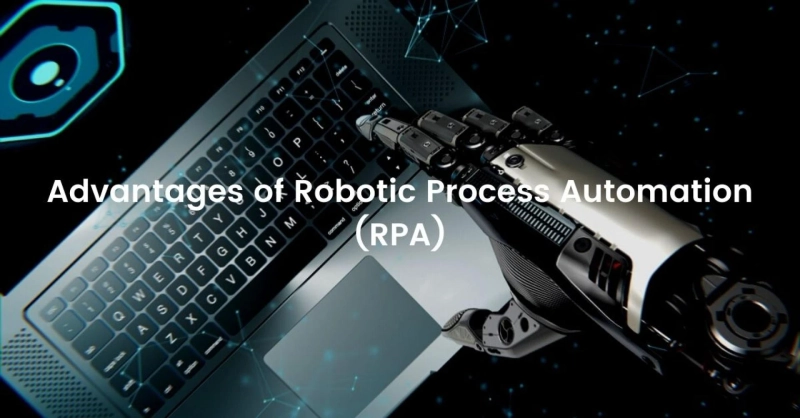The advantages of utilizing Robotic Process Automation are clear. A robot is a program to operate 365 days a year, day and night. It takes no pauses and never gets ill. It makes no errors or forgets all tasks or steps. And no miscalculations are made, no matter how many computations are required. Errors in customer-oriented processes can thus be reduced through process automation and customer satisfaction increased. In addition, the bot completely documents each of his steps.
1) Economic Profitability of RPA
RPA is based on existing systems. It utilizes and understands current IT apps and enables the processing and transmission of information and transactions across several IT systems. But that's not the only reason why there is no getting around RPA. Because RPA also delivers direct profitability due to the lower license costs compared to the personnel costs. A robot itself costs only a third of a full-time employee. Added to this is the pure working time, which is roughly five times that of a full-time employee. At the same time, process automation contributes to an improvement in accuracy and greater operational flexibility.
2) High usability
Typically, the introduction of Robotic Process Automation is not initiated by IT departments, but by specialist departments. The reason for this is, on the one hand, the simplicity of use. You need not be a specially designed IT professional to utilize a software robot. RPA does not need costly investments in new systems, though by mimicking user input via the user interface of an application, there is no need for time-consuming programming of an application interface (API). There is no need for back-end integration and the associated effort. Experience has shown that processes can be automated in two to six weeks, from planning to commissioning. Once installed, the software robots operate the applications required for a process just like an employee. They communicate with all necessary systems, obtain information, and change the relevant data.
3) RPA enhances the quality of data and process
Even a few successes in rationalization have not changed the fact that in large parts of a company monotonous, standardized volume processes tie up qualified human resources. Processes that require a lot of manual entries in several systems offer a lot of potential for the use of RPA. In addition to realizing pure cost advantages, RPA can enhance the data and process quality as well as the processing speed.
4) Employee relief from irritating regular task
RPA offers whole new options for the automation of daily regular operations, such as the management of master data, invoicing, and processing information. Because RPA can perform repeated things more quickly, more precisely, and more untiringly than humans. As a consequence, RPA frees people from other duties, such as emotional intelligence, reasoning, and judgment, that need human power. Freed from annoying routine work, employees can concentrate fully on customers or other challenges in the company.


